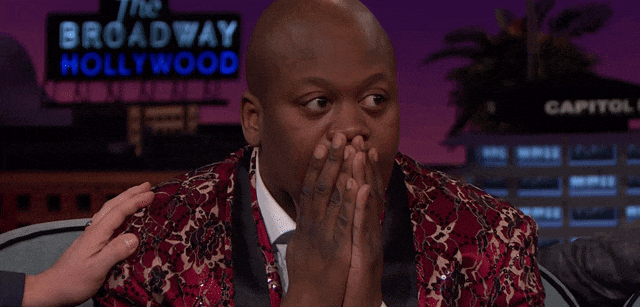Why smearing bodily fluids on roommate’s things—and avoiding a criminal record—is peak white girl privilege
The case of a relative handslap for a repugnant act by a former student illustrates how white privilege can work
[griojw id=”irF1yNSY” playerid=”GqX43ZoG”]
This week, 18-year-old Brianna Brochu learned white privilege has its perks, particularly when it comes to the criminal justice system.
Monday, the former University of Hartford student — who was notoriously accused of harassing her Black roommate by smearing bodily fluids on the girl’s backpack and tampering with other items — received a special form of probation that could allow her to avoid a criminal record.
READ MORE: Ex-student who smeared blood on roommates backpack wants light sentence
According to the Hartford Courant:
Her former roommate, Chennel “Jazzy” Rowe, attended Brochu’s hearing in Superior Court in Hartford and told Judge Omar Williams that she did not oppose Brochu’s request for accelerated rehabilitation. Brochu will have to perform 200 hours of community service — including 50 at a literacy organization in Greater Hartford and 50 at a social services group. If she completes those requirements and stays out of trouble, the charges of breach of peace and criminal mischief will be dismissed after two years.
As part of her super lightweight punishment, Brochu must also have no contact with Rowe and submit to a mental health evaluation.
Double Standards
Because of course this must be a mental health issue, right? It couldn’t possibly just be a case of a vindictive person attempting to harm someone and avoid being punished for it. No, never that.
If only children of color received the benefit of the doubt for offenses half this bad.

READ MORE: Freshman busted for rubbing used tampons on Black roommates belongings
Not surprisingly, the NAACP and other civil rights advocates called for hate crime charges, but a prosecutor concluded there was no evidence of this. Rowe couldn’t disagree more and said she was traumatized by Brochu’s actions, which she called “acts of hate.”
Even though her nasty roommate’s attack (which caused her to become ill) resulted in Rowe having nightmares, an inability to trust others and other PTSD-like symptoms that have caused her to delay her educational goals, she still kept her sentiments succinct in court.
“By giving her this second chance, I hope she will change her ways and finds love for all mankind no matter what race,” Rowe said.
Brochu’s lawyer, Thomas Stevens, apologized on his petty client’s behalf and believes she’s learned her lesson after losing her scholarship to attend the University of Hartford. He also mentioned she lost the job she held at the time. But since she was able to get another one pretty easily that point is moot.
“With the consequences she has endured … death threats … she knows she made a mistake,” Stevens said.
Justice or a Handslap?
Judge Omar Williams also thinks the public shame Brochu will experience is punishment in itself; stating that friends, potential employers and even romantic interests will all be able to find out about Brochu’s conduct with a simple internet search.
Yes folks, the Superior Court in Hartford now thinks having an unsavory Google search is a reasonable alternative to actual accountability.

READ MORE: White students terrorize Black woman in UK university dorm
“The internet has a long memory and you will have to do a lot of good to live down these allegations,” Williams said. In a moment straight out of Dr. Phil, the judge also urged Brochu to embrace diversity and not waste her opportunity at a second chance. “You can let this case define you or bury it beneath your accomplishments,” he advised.
Outside the courthouse, state NAACP President Scot X. Esdaile reiterated that Brochu should have been charged with a hate crime and basically stated what most of us are thinking about this lame slap on the wrist she received.
“There’s a system for white people and there’s a system for black people,” he said. “That’s what we face every day.”
More About:News









